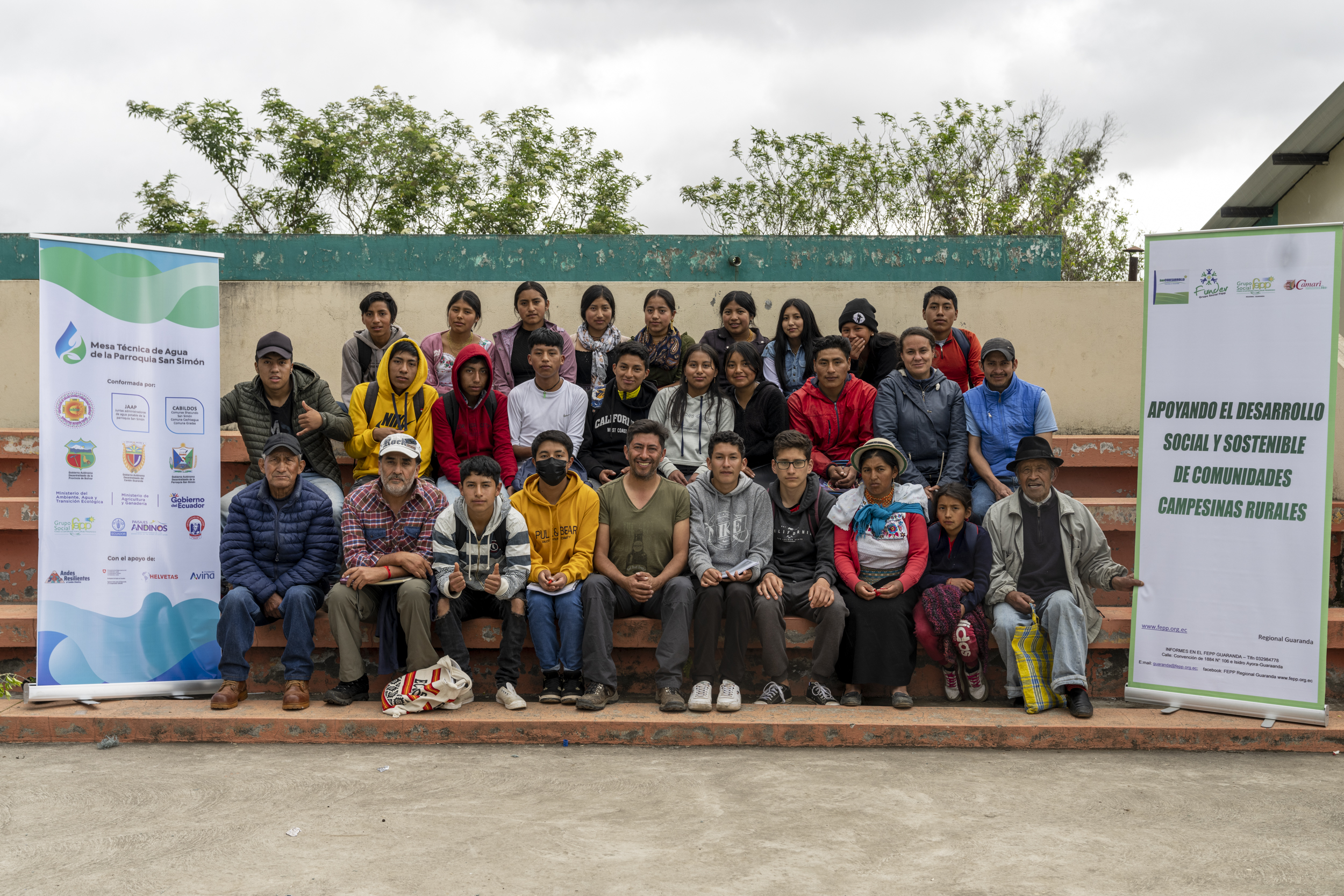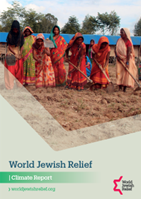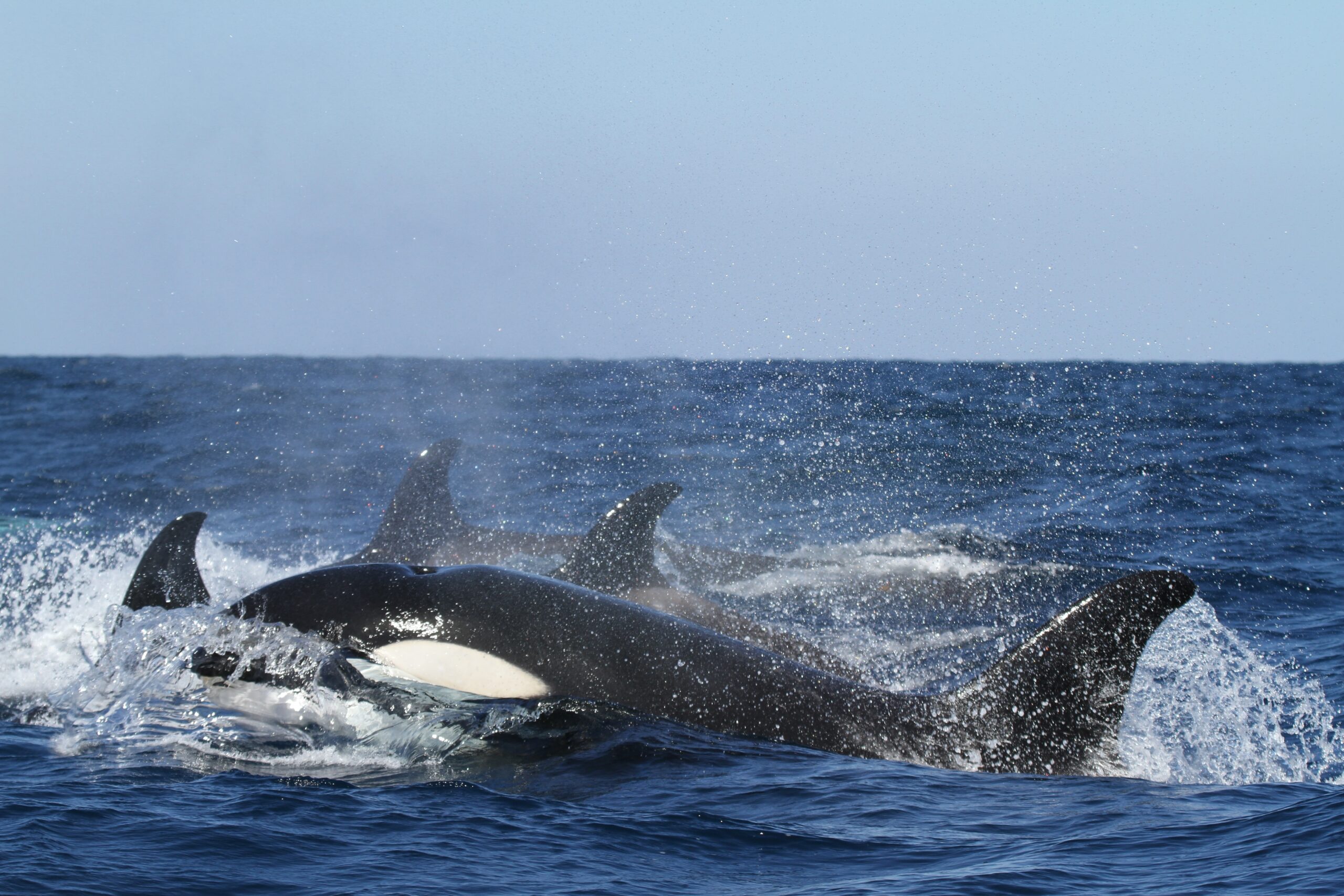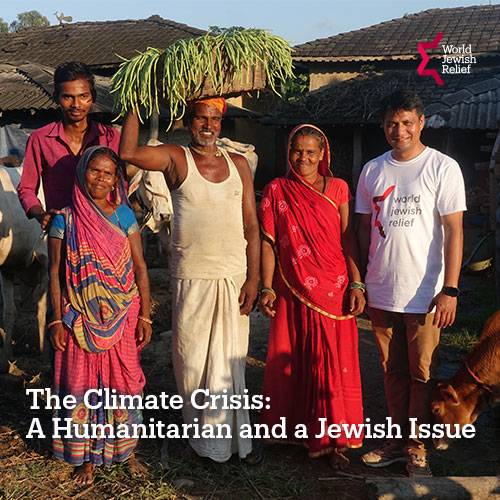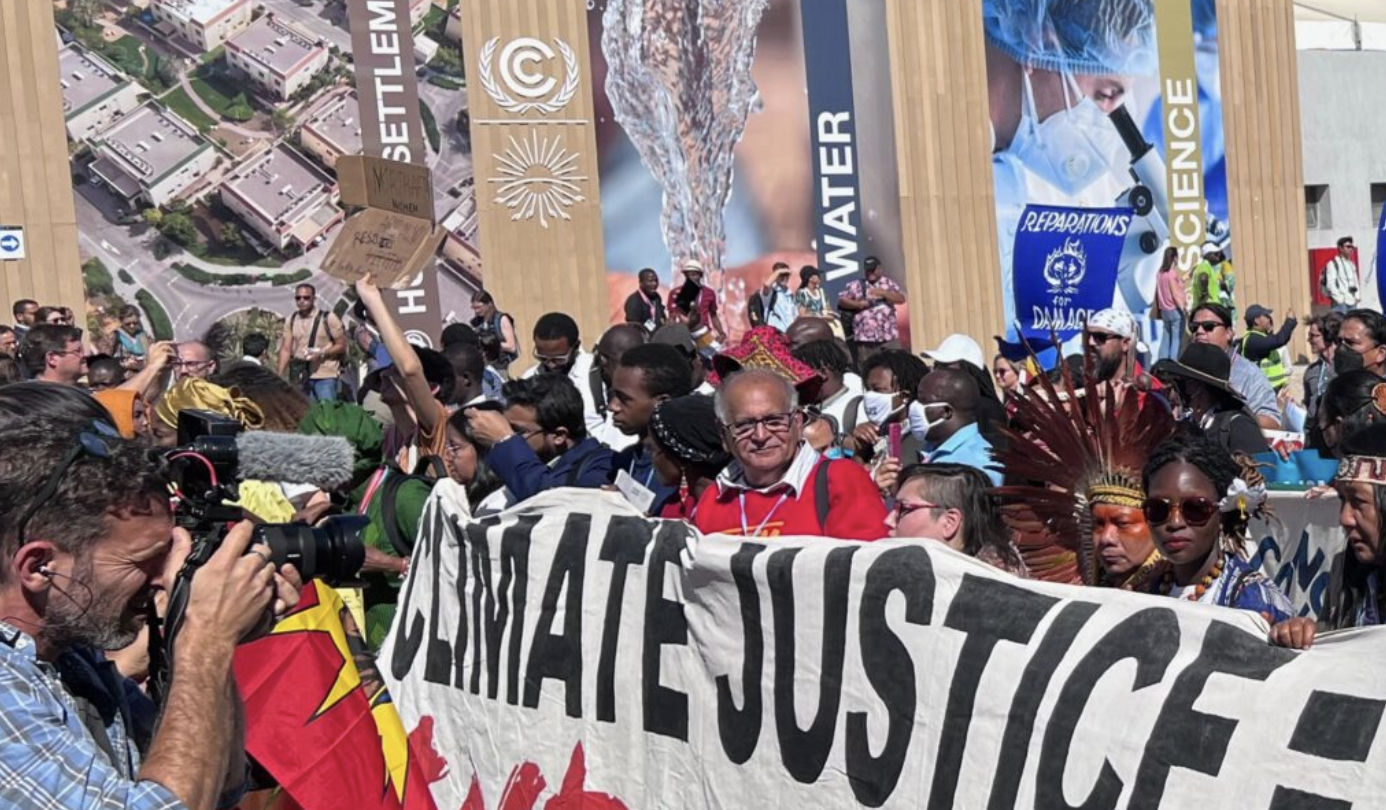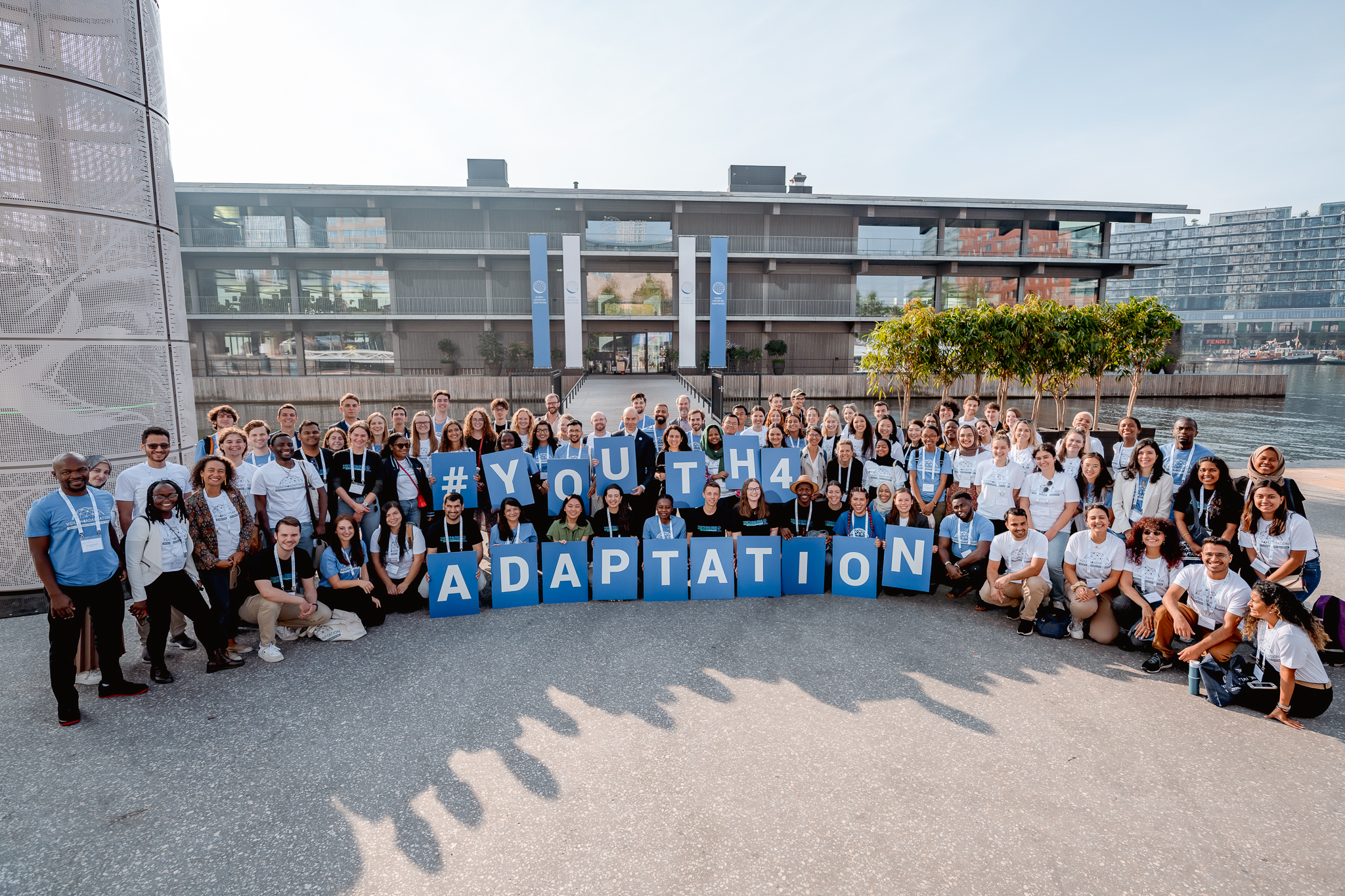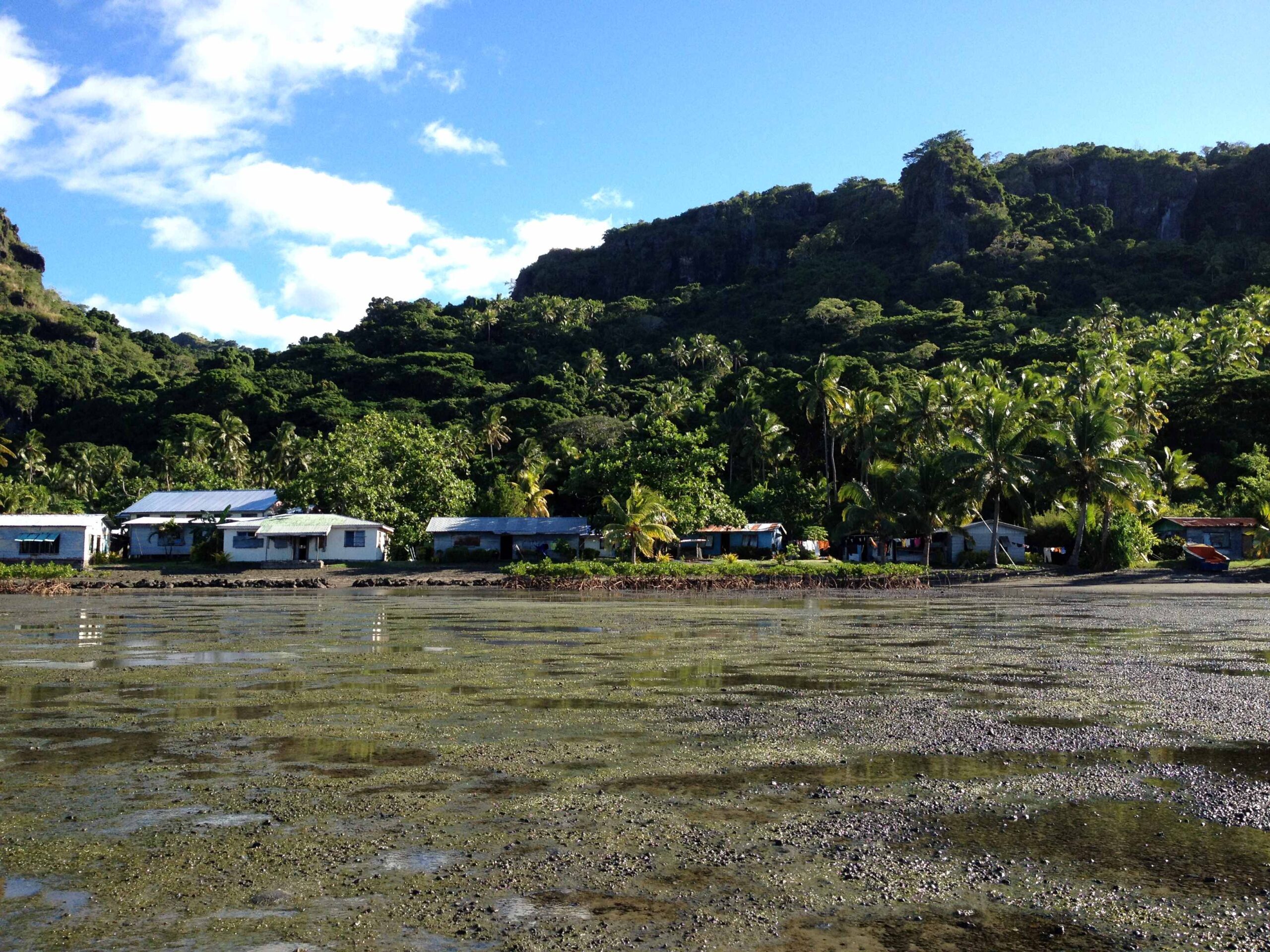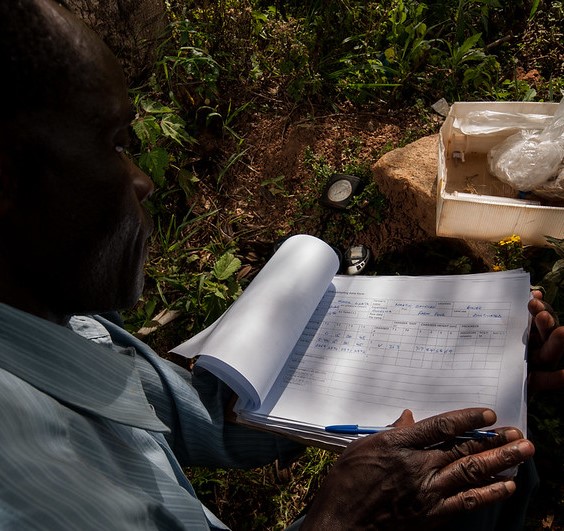Theme
Governance, institutions and policy
Advancing new insights into good governance for sustainable development in the face of social and ecological change.
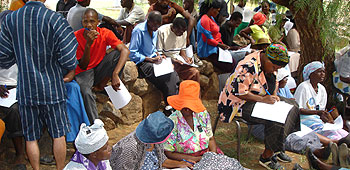
Community governance to conserve moor water as an adaptation measure in Ecuador
Discover how climate change and gender criteria are being integrated into Water Protection Areas (APH in Spanish) in Ecuador with the help of the Resilient Andes project guide. The guide aims to strengthen community governance and increase the climate resilience of family farming.
What one NGO has learned from a year of climate resilience pilot programmes
In 2022, World Jewish Relief realised that it needed to do more on the climate crisis. We had already been implementing emergency response programmes through our network of local partner NGOs, but we needed to be more proactive on this crucial issue. This article will outline how we have begun to do so, including the approach we took to programme design, the challenges we have faced and the lessons we are taking forward.
The Contribution of Marine Protected Areas to Climate Change Adaptation: State of the Evidence and Policy Recommendations
Learn about how Marine Protected Areas (MPAs) can effectively contribute to climate change mitigation and adaptation, and understand why it is crucial that they are included in policy discussion, in light of COP27 and COP15.
The 2022 heatwaves: England’s response and future preparedness for heat risk
Discover how England's 2022 heatwaves were used to evaluate responses to heatwaves, leading to suggested improvements to the UK's extreme heat policies.
The Climate Crisis: A Humanitarian and a Jewish issue
This report makes the case for why faith-based, humanitarian charities should be adjusting their work to ensure they are building long-term climate resilience, rather than only focusing on short-term, emergency responses.
To do so, it explains the basics of climate science for a non-expert audience, summarises the expected impacts of the climate crisis and the humanitarian imperative to address them, and explains how key Jewish values are being threatened by the climate crisis. It then sets out how World Jewish Relief is structuring its own work on resilience building, mitigation, adaptation and preparedness, to set an example for how their own organisation could begin to enter such a huge sphere of work.
Advancing climate policy: harnessing Indigenous knowledge at the science-policy interface
Learn about Indigenous Peoples’ experience in climate policy negotiations under the UN Framework Convention on Climate Change (UNFCCC), and the importance of bridging Indigenous and scientific knowledge systems in this SEI policy brief.
Youth Engagement with the Global Goal on Adaptation
Explore what young people think about the Global Goal on Adaptation in this report by the Global Center on Adaptation. It provides an insight into a series of worldwide youth consultations on adaptation, and discusses the role of the youth in the international climate adaptation agenda.
Climate risk integration: A new era for aid and development programming
Learn about why system transformation of the development sector is needed to ensure development progress continues against the backdrop of increasing climate change impacts in this short blog.
Monitoring and evaluation of climate change adaptation: an introduction
Get an overview of key frameworks, tools and methods formonitoring and evaluation of climate change adaptation.
